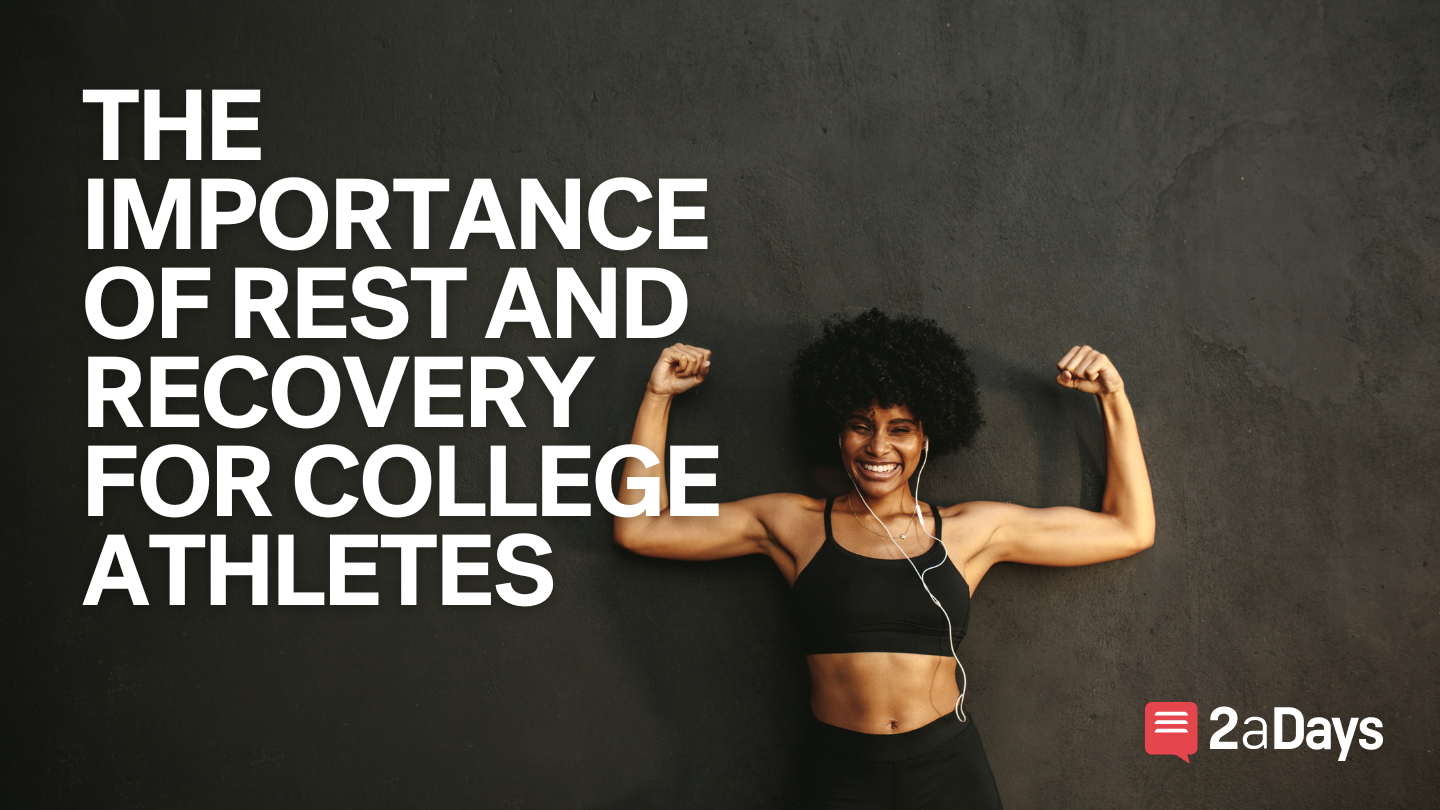While exercise is essential for a healthy lifestyle, it’s equally important to prioritize rest and recovery. Adequate rest allows your body to repair and rebuild, optimizing your performance and preventing injuries.
Why Rest and Recovery Matter
- Muscle Repair and Growth: During rest, your muscles repair and grow stronger.
- Reduced Risk of Injury: Rest prevents overuse injuries and allows your body to recover from intense workouts.
- Improved Performance: Adequate rest enhances your energy levels, focus, and overall athletic performance.
- Enhanced Mental Health: Rest and relaxation can reduce stress, anxiety, and depression.
- Boosted Immune System: Sufficient rest helps your immune system function optimally.
Strategies for Effective Rest and Recovery
- Quality Sleep: Aim for 7-9 hours of quality sleep each night.
- Active Recovery: Engage in low-intensity activities like yoga, swimming, or walking.
- Nutrition: Consume a balanced diet rich in protein, carbohydrates, and healthy fats to fuel your body’s recovery process.
- Hydration: Stay hydrated by drinking plenty of water throughout the day.
- Mind-Body Techniques: Practice relaxation techniques like meditation, deep breathing, or mindfulness.
- Listen to Your Body: Pay attention to your body’s signals and adjust your workout schedule accordingly.
- Prioritize Rest Days: Schedule regular rest days into your workout routine.
Common Signs of Overtraining
- Persistent Fatigue: Feeling tired even after adequate sleep.
- Decreased Performance: A decline in your athletic performance.
- Increased Resting Heart Rate: A higher resting heart rate than usual.
- Muscle Soreness: Persistent muscle soreness that doesn’t improve with rest.
- Changes in Mood: Increased irritability, anxiety, or depression.
- Difficulty Sleeping: Trouble falling asleep or staying asleep.
By prioritizing rest and recovery, you can optimize your fitness routine and achieve your health and wellness goals.

